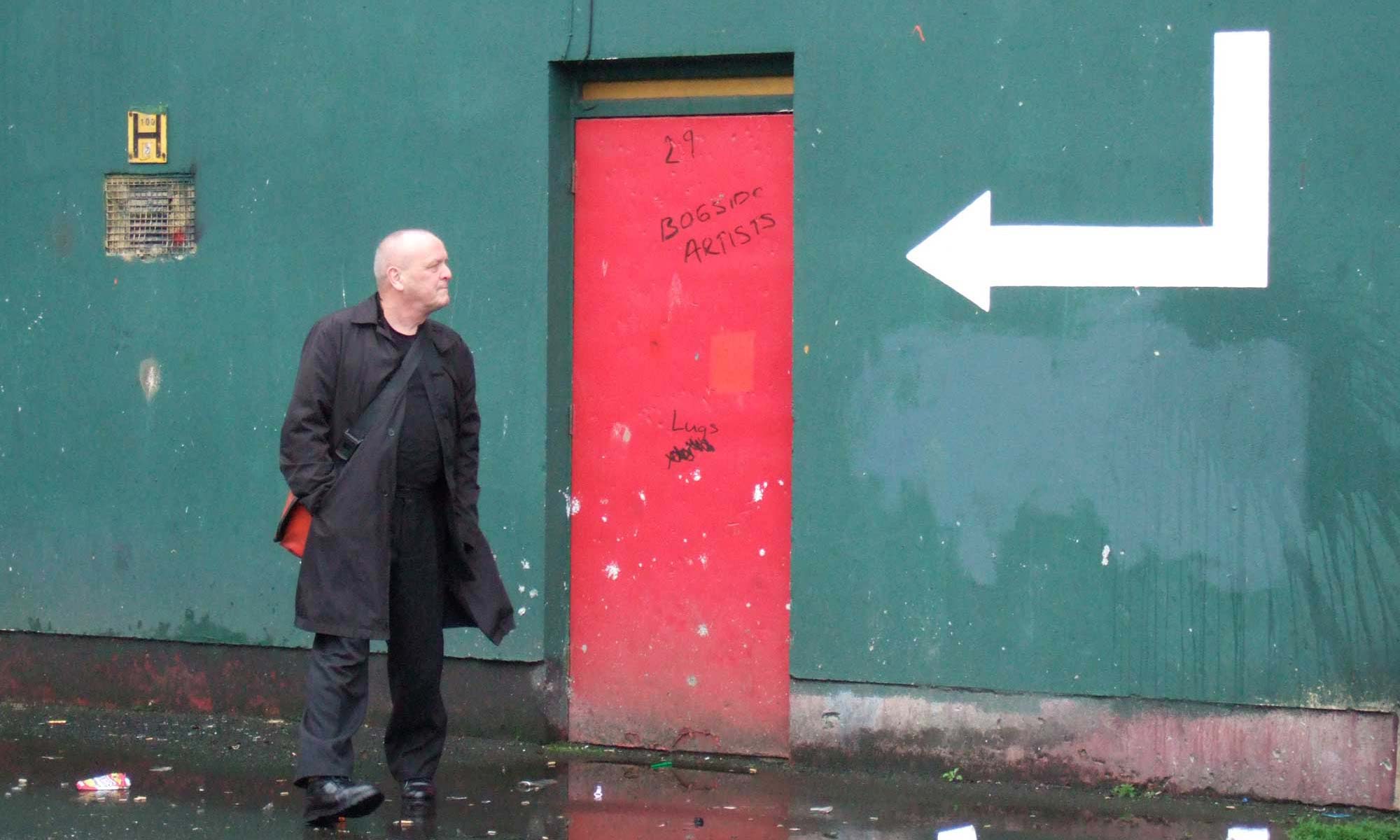Seeing oneself in a view reflected on the other’s mirror brings out something much deeper and more intricate than seeing oneself in one’s own mirror does. In Jürgen Schneider’s view: Japan Diary, I see myself: Japan, the country and the culture I was born into. I am face to face with myself: who/what I am in his view. His enchantment, amazement and discovery become my own. The face/body/soul/spirit of my “bokoku”: motherland looks back at me as I go through image after image taken by him during his visit there.
As an unusual case of a mono-race/mono-lingual/mono-culture society surviving within its own history, we Japanese are naturally very curious of how/what others: non-Japanese see us or in us. I am not an exception. The curiosity makes us all a bit shy & complicated in this situation since what they see is nothing but the images that we already know, but, rarely able to see ourselves.
Japan Diary transfers me back to the country where I was born from where I live now. In his images, I see, hear, smell, even, feel the familiar vibration and moisture of its air/light/shadow: essential elements that have nurtured my being: who/what I am. By his discovery, response and wonderment in everything he sees and encounters during his visit, he presents clear reflections of physical/metaphysical/spiritual building blocks of what Japan is. In the same mirror, simultaneously, I see the photographer’s building blocks of who/what he is. His sense of poetry, visual aesthetics, humor and an openhearted humanness, all quietly but vividly breathe in these images. Going through them, I learn who I am as much as I learn about him.
Even if we live in such a photo-image saturated society, it is still a shocking event to realize the power of photography: how it captures slices of reality in such a daunting directness. Good photography not only shows the subject seen by the photographer but it also shows the internal world of a photographer, aesthetic or philosophical. Like any art, when it is successful, it will be a double mirror to show both the seer & the seen in one.
“Haru chikashi…” Spring is around the corner. The New Year has dawned. You feel a tinge of softness in the air and the light… “Boke-no-Hana”, one of the first flowering trees announcing the arrival of the spring in front of the black and white scroll of a poem; seven Maiko standing happily in their full new years attire; snow slightly left on the thatched curved old roofs of Chomei-Ji Temple; roasted soybeans scattered on red stairways of a shrine on the day of Setsu-Bun; Buddha’s hands as New Year’s decoration and as part of a statue; burning incense and ash, Jizo with a red and white apron, Daibutsu behind the trees…
Besides these exotic subjects, his curious eyes go further into the aspects of everyday life in Japan. Tangled electric lines, broken roofs and rusted walls, mail boxes, posters, modern/western architecture, “don’t go to the bank!” destroyer-ski-masks in a market, a plate of raw fish… he captures ordinary things usually dismissed by native Japanese as “nothing special”: something too ordinary to pay attention to. They are just a part of the “ordinary, all too ordinary” nothing landscape that the consciousness does not even register. No one will try to make them subjects of photography. How much I enjoy being surprised by his sense of discovery of something special in this “nothing special-ness” of ordinary forgotten objects and scenery!
Every image in Japan Dairy is a visual haiku, whether the subject is traditional, contemporary or Hiroshima. It is self-contained, simple & direct, with a deep sense of Wabi, Sabi and Karumi, delivering the flickering sense of beauty of impermanence. With the image of present day Asakusa, downtown Tokyo, where my grandmother whom I’ve never met was born & grew up a long time ago in one of his icy rain camera viewfinder shots, or by the sensitivity capturing the gentle faces of broken fragile sandstone Jizo statures in light/shadow, his meditative sense of wonder always generously invites me to share his view. There, I see myself: Japan, fuller than ever, without falling into nostalgia but to be awakened to its genuine qualities and essence.
Yuko Otomo, New York City
